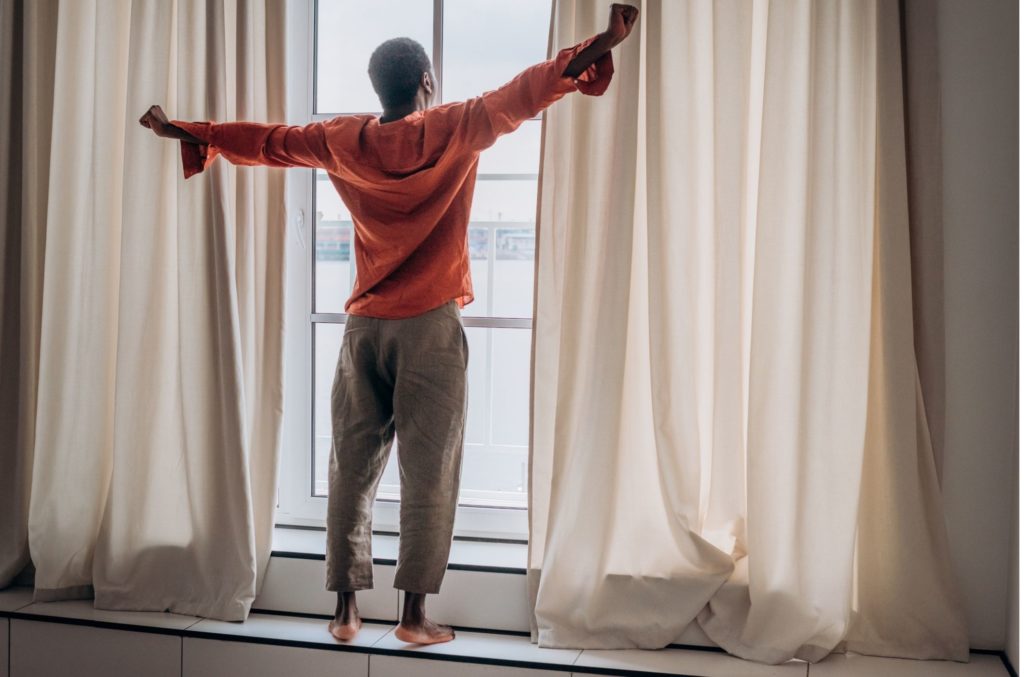Almost all of us have sleepless nights from time to time. But for some people, this develops into a frequent, sometimes chronic, pattern of sleeplessness. Why? Although identifying a single cause of insomnia isn’t realistic, we can look at what decades of research has revealed about common causes of insomnia. This may help you better understand and address your own insomnia symptoms.
Almost all of us have sleepless nights from time to time. But for some people, this develops into a frequent, sometimes chronic, pattern of sleeplessness. Why? Although identifying a single cause of insomnia isn’t realistic, we can look at what decades of research has revealed about common causes of insomnia. This may help you better understand and address your own insomnia symptoms.
What is insomnia?
In terms of a definition, insomnia is a sleep disorder that causes you to have trouble falling asleep and staying asleep or means that you have low-quality sleep despite ample opportunity. Signs of insomnia include not being able to fall asleep, waking up too early, awakening during the night, feeling exhausted after a full night’s sleep, feeling tired during the day, and feeling irritable, depressed, and anxious.
What causes insomnia?
Reasons for insomnia vary from person to person. But what doesn’t change is the toll that untreated insomnia can have on your life. It can interfere with all aspects of your life, including your wellbeing, physical health, mental health, productivity, and vitality.
1 out of 3 adults in the US experience symptoms of insomnia, of which 10 – 16% fit the criteria for a formal diagnosis. Let’s look at 8 common causes of insomnia and how you can manage them.
1. Hyperarousal
Many assume that not sleeping well a few nights might make it easier to fall asleep the next night. But with insomnia, the opposite happens.
Evidence suggests that insomnia is associated with a state of hyper-arousal, which means the sympathetic nervous system is activated—and your body and brain are sending signals to stay alert. You may feel tired, but you also feel wired.
Hyperarousal is a survival response. Although we need sleep, it makes sense to sacrifice a night or 2 if we sense danger. The problem is that sometimes the threat we perceive isn’t actually a threat. So we do more damage by staying awake when what our body really needs is rest.
Hyperarousal can be due to psychological reasons such as distress or mental rumination. It can also be due to persistent stressors such as minority stress or lack of safety. Finally, it may arise for physiological reasons. Some studies show elevated heart rate, stress hormones, and metabolism in people with insomnia during all stages of sleep.
You can use relaxation techniques and calming skills to help your body transition out of survival mode and into rest mode.
2. Worry
The cognitive model views insomnia as a condition stemming from worry, stress, or rumination. Initially, the concern may be attached to things happening in your life, whether they’re real or perceived threats. In other cases, the concern can seem free-floating—even when everything is just fine, there’s a baseline level of worry that can attach to just about anything.
This aligns with how many describe the inability to sleep or the experience of insomnia as caused by a “racing mind” without a pause button. Eventually, this anxiety attaches to the experience of sleep itself. So bedtime becomes a particularly fraught period.
Try jotting down worries on a notepad before bed, listening to a sleep meditation on an app like Insight Timer, or using an anxiety breathing exercise to focus on rest rather than worry.
3. Sleep anxiety
As insomnia continues, the anxiety around bedtime can grow. You may wonder, “Am I going to have another sleepless night?” Or you may envision the worst possible scenario before it even occurs. “It’s already 2 am. Tomorrow is going to be terrible!”
If you experience anxiety about sleeping, you may develop patterns that include behaviors like clock-watching, which continue to feed the stress. Instead of associating sleep with letting go into rest, you associate it with fear.
When this happens, you may need to train yourself to relax using tools like progressive muscle relaxation or breathing techniques. Therapy, especially cognitive behavioral therapy, can address unhelpful or negative thinking patterns around sleep, such as catastrophizing.
4. Daytime napping
A mid-day siesta is a beautiful tradition. But sleeping too long or sleeping too late in the day can compromise your capacity to fall asleep or stay asleep at night. If you have insomnia, you may feel like you need to sleep during the day just to get through.
But napping during the day only feeds the cycle of sleepless nights. It’s similar to how we might drink excess coffee or use stimulants to get through the day, perpetuating the cycle of insomnia.
5. Staying in bed
Although insomnia can cause a level of fatigue you feel in your bones, staying in bed may perpetuate the pattern of sleeplessness. Our minds are queens of association.
This means we unconsciously link actions together, creating mental shortcuts. When you regularly spend time in bed, not sleeping, your brain comes to associate being in bed with being awake. Over time, this may make it harder to fall asleep.
For this reason, experts recommend using one’s bed only for sleep and sex. It’s also recommended that you get out of bed if not asleep within a reasonable time and not lingering in bed after wake-up time.
6. Daytime health habits
Health behaviors like exercise and diet can impact sleep. Exercising too close to bedtime can make it difficult to sleep. On the other hand, 30 minutes of exercise 3 hours before bedtime can improve sleep quality that very same night.
A 2019 study found that diets higher in high glycemic foods, like high sugar, starch, refined grains, lead to a higher incidence of insomnia in postmenopausal women.
Another recent study looking at a population of girls aged 12 – 18 found a diet designed for hypertension, one that’s high in vegetables, fruits, and whole grains, lowered the incidence of insomnia.
Discover even more natural remedies for insomnia.
7. Sleep hygiene
Sleep hygiene describes simple habits and environmental factors that promote healthy sleep. Inadequate sleep hygiene can contribute to insomnia.
Still, it’s important to note that sleep hygiene isn’t a cure-all when it comes to severe insomnia, though it may be helpful in conjunction with other treatments.
Sleep hygiene includes :
- Going to sleep and waking up at the same time each day.
- Setting up a sleep space that’s comfortable, quiet, dark
- Only using this space for sleep and sex
- Using a wind-down routine
- Shutting off screens a couple of hours before bed
- Avoiding caffeine late in the day
- Exercising early in the day and not before bed
Check out this sleep hygiene guide for even more helpful suggestions.
8. Medical issues
Sleep challenges due to substance abuse, medication side effects, or medical conditions aren’t technically insomnia disorders. But they are common causes of insomnia.
Sleep apnea is one example of a sleep disorder that’s breathing-related. If you can’t sleep due to stimulant medication or caffeine, that would be a substance-induced sleep issue.
The reality is, sleep challenges can be harmful no matter how they’re labeled. Regardless of the cause, sleep disorders are characterized by distress and impaired functioning.
If you’re wondering why you can’t get the rest you need, speak with a healthcare professional about insomnia. The Lemonaid medical team can evaluate your individual needs to see if non-habit-forming insomnia medications would be a good fit.
Takeaway
- Insomnia is a sleep disorder characterized by difficulty falling asleep and staying asleep or having low-quality sleep despite ample opportunity.
- Some possible insomnia causes include worrying, difficulty relaxing, or ineffective habits.
- If you’re experiencing insomnia, we want you to know how common it is. For many people, it’s a transient experience.
- Try relaxation techniques for the mind and body, meditation, and behavioral changes like sleep hygiene to get restful sleep












